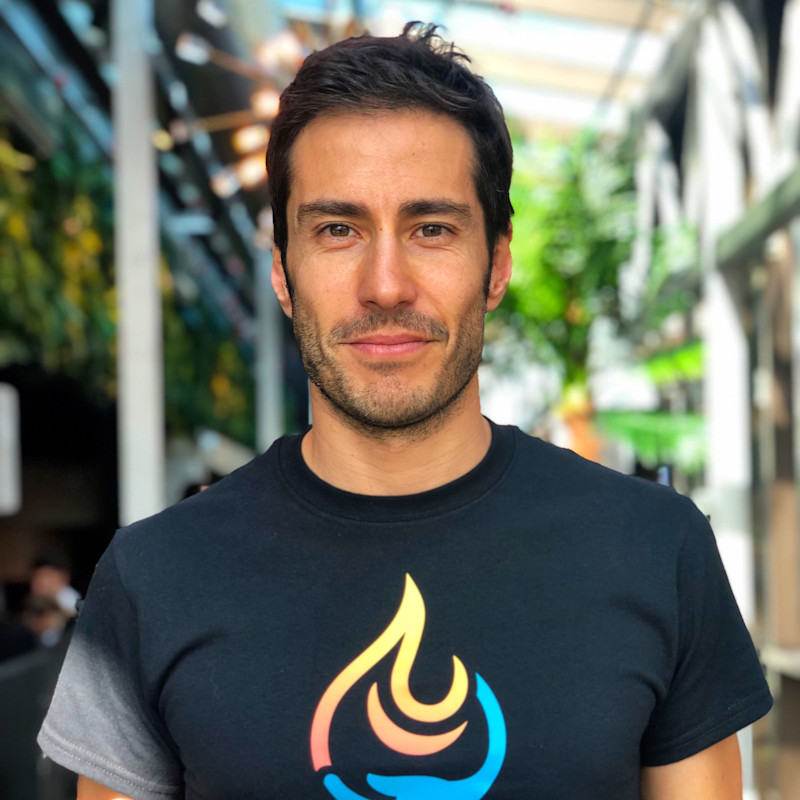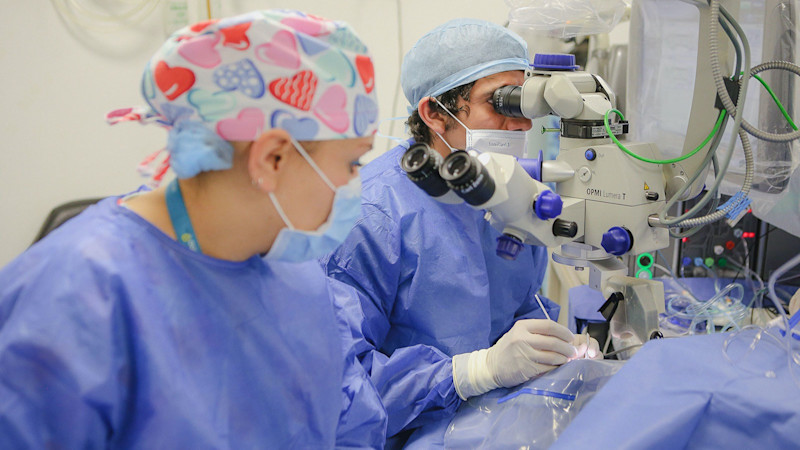The Five Most Disruptive Healthtechs in Latin America
Table of contents
The healthcare sector in Latin America has one of the lowest indexes of ‘provider to customer’ ratios in the world. Health startups in the region are betting on solving three main issues: Industry productivity, service quality, and access limitations.

Healthcare technology, or healthtech, is defined as technology enabled products or services that aim to improve the delivery, payment, and consumption of care. Startups embracing this ‘new’ industry vertical are helping achieve the long-coveted objective of reducing healthcare costs while simultaneously improving patient outcomes; a goal that is more relevant than ever due to the global pandemic.
Camilo Naranjo, co-founder and CEO of telemedicine startup Saludtools, gave The Org a first hand look into the industry and explained why he, like so many other entrepreneurs in the region, have embarked on the challenging journey of building a startup in this sector.
Naranjo clarified that there are two groups of startups in the industry. Health Techs, like Epic and Cerner, are essentially software companies that focus on improving patient experience through data, while Digital Health companies such as Teladoc and Livongo, focus on virtual health. The two companies to create a $38 Billion industry leader offering a complete stack of services including virtual patient visits, remote patient monitoring, and proprietary algorithms and analytics.
According to Camilo, health startups in Latin America are betting on solving three main issues:
1. Industry Productivity: The healthcare sector in LatAm has one of the lowest indexes in terms of ‘provider to customer’ ratios. World Health Organization statistics highlight that over of their Member States report to have less than 10 medical doctors per 10,000 residents and over 26% report to have less than 3. Health workers are distributed unevenly across the globe and generally countries with the highest need for workers have the lowest availability, a trend very prevalent in LatAm.
2. Service Quality: Healthcare needs to evolve from a reactive to a proactive medical attention system. The goal should not be merely curing diseases via treatment, but generating a comprehensive patient journey that is continuous and conducive to an overall higher quality of life.
3. Access Limitations: of Latin America’s population is rural. Comprehensive healthcare facilities are usually located in urban centers, requiring long travel times for low income populations, thus leaving millions in need of medical care neglected and without treatment.
Based on those insights, The Org identified five startups in the region that are successfully tackling these problems and breaking into the lucrative industry.
dr.consulta
Operating as a network of proprietary medical centers, the startup is now private medical service provider. Focused on serving the bottom of the pyramid, dr.consulta provides on- demand affordable, high quality medical exams, consultations, and procedures to uninsured Brazilians. Since its inception in 2011, the company has opened over 60 clinics and has a network of more than 2,000 doctors offering services in gynecology, cardiology and dermatology among other fields.
dr.consulta is leveraging technology to further reduce costs and increase efficiency. of patients book appointments via its app, while the company has also developed its own software to compile patient information. Reduced infrastructure and overhead allow them to offer prices that are on average 70% lower than the private market.
The team has raised more than from notable investors like Omidyar, Madrone Capital, and Kaszek Ventures, to continue expanding in Brazil and replicate the model throughout Latin America, where millions remain uninsured and healthcare is out of reach.
Betterfly
Betterfly, with a name that's a play on the butterfly effect, is a purpose-driven wellbeing insurtech that empowers employees to continuously improve their health and positively impact their communities. The startup’s innovative approach rewards employees’ good habits with life insurance coverage that converts healthy activities into company-sponsored charitable donations. For example, a pre-established amount of steps taken in a day, tracked through wearables, are transformed into food for a child, planting a tree, or even personal benefits.
In December 2020, after a year when good health proved to be life’s most crucial asset, Betterfly raised the second half of a round. With 30,000 employees already on the platform, they plan to use the investment capital to accelerate growth and combine their three pillars of action: Insurtech, employee benefits, and internationalization over the next two years.

Farmalisto
Founded in 2013, Farmalisto is a digital healthtech where patients, caregivers and companies can find a wide portfolio of solutions, with a focus on pharmaceuticals. Operating as a 100% virtual pharmacy, the platform is the first of its kind in the region and serves Colombia, Mexico, and Peru.
In late 2020 they launched , an on-demand telemedicine and doctor home visit services platform in Colombia. Soon after, Farmalisto attracted an that will be directed towards further strengthening their innovation processes and expanding presence in the region.
Upon receiving the investment, Jose Joaquin Mora, Farmalisto’s CEO, , “this financial support is an endorsement of our purpose of permanently developing innovations and services for the comprehensive care of patients' health. We are convinced that technological innovation in the health sector came to achieve sustainable development in our region, generate value and prioritize the well-being of patients."
Salauno
Founded in 2011 with the mission to eliminate unnecessary blindness, Salauno is an ophthalmology system that works with technology based medical and engineering processes to help reduce the backlog of eye care services.
In Mexico, visual impairments are the cause of disability; and although many are curable diseases, like cataracts, these often go untreated because of the lack of access to medical attention. Salauno´s operating model provides cost-effective solutions in partnerships with government, NGOs, and private institutions that enable cross-subsidies and prices that they say are up to than competitors in treatments that prevent or reverse blindness.
In 2013, the startup became the most productive cataract hospital network in Mexico, and now has a goal to operate upwards of 70,000 ophthalmology surgeries per year in their 20 clinics in Mexico City. In 2019, they raised to further expand presence in the country.

1DOC3
Founded in 2013 in Bogota, Colombia, 1DOC3 is Latin America’s largest telemedicine platform. They service upwards of one million patients per month and have completed over 186 million online consultations. Users have the option of paying for a single appointment or subscribing to the platform for unlimited medical attention.
Besides the telemedicine focus, 1DOC3 is also guiding millions of people who make online health related queries by creating the most comprehensive health ‘question and answer’ curated Spanish database in the world. Through AI, 1DOC3 can understand in real time what users are searching for and provide instant information while simultaneously creating a database composed of hundreds of thousands of cases. Javier Cardona, co-founder & CEO, they are turning the collection and organization of all those interactions into information and insights that can be used by the healthcare industry, health insurers, the pharmaceutical industry, and even governments. The startup received a seed investment in 2017.
--
The Org is a professional community where transparent companies can show off their team to the world. Join your company here to add yourself to the org chart!
In this article


The ¬Ð¿Ú¬“¬◊ helps
you hire great
candidates
Free to use – try today



